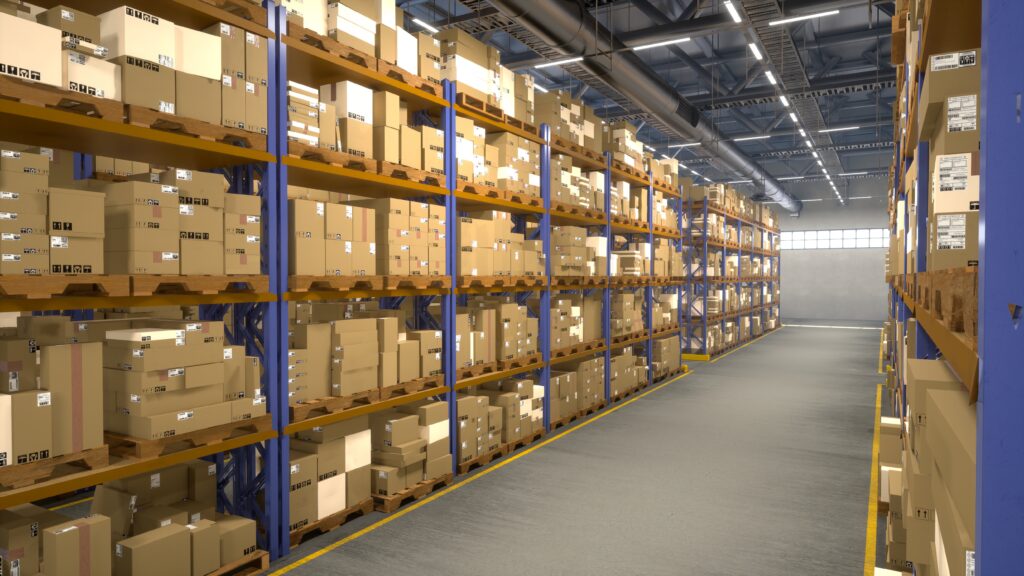
When it comes to storing your valuable belongings, not all storage units are created equal. While standard storage units work fine for many items, certain possessions require the stable temperature and humidity levels that only climate-controlled storage can provide. Understanding what needs climate controlled storage can save you from costly damage and preserve your belongings for years to come.
What Is Climate-Controlled Storage?
Climate-controlled storage maintains consistent temperature and humidity levels year-round, typically keeping temperatures between 55-85°F and humidity levels around 55%. Unlike standard storage units that fluctuate with outside weather conditions, these specialized units protect your items from extreme temperature swings, moisture damage, and other environmental hazards.
Electronics and Technology
Modern electronics are particularly vulnerable to temperature and humidity fluctuations. Computers, televisions, gaming systems, and audio equipment contain sensitive components that can be permanently damaged by moisture or extreme temperatures. High humidity can cause corrosion of metal parts and circuit boards, while temperature extremes can cause expansion and contraction that leads to cracked components or loose connections.
Even items like old VHS tapes, DVDs, and vinyl records need climate control. These media formats can warp, crack, or develop mold in unstable conditions, making your memories and entertainment collections irretrievable.
Important Documents and Photos
Paper-based items are among the most vulnerable to environmental damage. Important documents such as birth certificates, passports, tax records, and legal papers can yellow, become brittle, or develop mold spots when exposed to humidity fluctuations. Family photographs, especially older prints, are equally susceptible to fading, sticking together, or developing permanent stains.
For irreplaceable documents and photos, climate-controlled storage isn’t just recommended—it’s essential for preservation. The stable environment prevents the chemical reactions that cause paper degradation and photo deterioration.
Artwork and Collectibles
Artwork, whether it’s original paintings, prints, or sculptures, requires careful environmental control. Canvas can expand and contract with temperature changes, causing paint to crack or flake off. Humidity can cause wooden frames to warp and metal components to rust. Similarly, collectibles like stamps, coins, comic books, and trading cards need stable conditions to maintain their value and condition.
Antiques and vintage items also fall into this category. These pieces have already survived decades or centuries, and proper storage conditions help ensure they continue to do so. Wood furniture, vintage clothing, and decorative items all benefit significantly from climate-controlled environments.
Musical Instruments
Musical instruments are crafted from materials that are highly sensitive to environmental changes. Wooden instruments like guitars, violins, and pianos can crack, warp, or have their glue joints fail in unstable conditions. The intricate mechanisms in pianos can also be damaged by humidity, affecting their tuning stability and playability.
Brass and woodwind instruments can develop corrosion or have their pads and corks deteriorate in poor storage conditions. Even electric instruments with wooden components benefit from climate control to prevent damage to their bodies and necks.
Clothing and Textiles
While everyday clothing might survive in standard storage, valuable textiles definitely need climate control. Wedding dresses, vintage clothing, fur coats, and leather items are all susceptible to mold, mildew, and pest damage in humid conditions. Leather can crack and become brittle, while fabrics can develop permanent stains or odors.
Business attire, seasonal clothing, and textile collections also benefit from stable storage conditions. The investment in climate-controlled storage often pays for itself by preventing the need to replace damaged clothing.
Furniture and Upholstery
Wooden furniture is particularly vulnerable to humidity changes. High humidity can cause wood to swell, leading to stuck drawers and warped surfaces, while low humidity can cause cracking and splitting. Upholstered furniture faces additional risks from mold and mildew in damp conditions, which can create permanent odors and health hazards.
Metal furniture components can also suffer from corrosion in humid environments, while finishes and varnishes may become cloudy or peel in unstable conditions.
Wine and Specialty Food Items
Wine collections require specific storage conditions to maintain their quality and value. Temperature fluctuations can cause corks to expand and contract, potentially allowing air to enter the bottle and spoil the wine. Consistent temperatures and proper humidity levels are essential for aging wine properly.
Other specialty food items, including rare spirits, aged cheeses, or gourmet ingredients, also benefit from climate-controlled storage to maintain their quality and prevent spoilage.
Business Inventory and Equipment
Businesses storing inventory, equipment, or important records should strongly consider climate-controlled options. Office equipment, inventory that includes electronics or sensitive materials, and business documents all need protection from environmental damage that could result in significant financial losses.
Making the Right Choice
While climate-controlled storage typically costs 20-50% more than standard units, the protection it provides often more than justifies the additional expense. Consider the replacement cost of your stored items and their sentimental value when making your decision.
Items that are irreplaceable, expensive to replace, or have significant sentimental value should always be stored in climate-controlled units. When in doubt, the extra protection is usually worth the peace of mind.
Tips for Climate-Controlled Storage Success
Even with climate control, proper preparation is important. Use appropriate containers and packing materials, avoid plastic bags that can trap moisture, and allow air circulation around stored items. Regular visits to check on your belongings can help catch any issues early.
Understanding what needs climate controlled storage helps you make informed decisions about protecting your valuable possessions. Whether you’re storing family heirlooms, business equipment, or seasonal items, the right storage environment ensures your belongings remain in excellent condition for years to come.